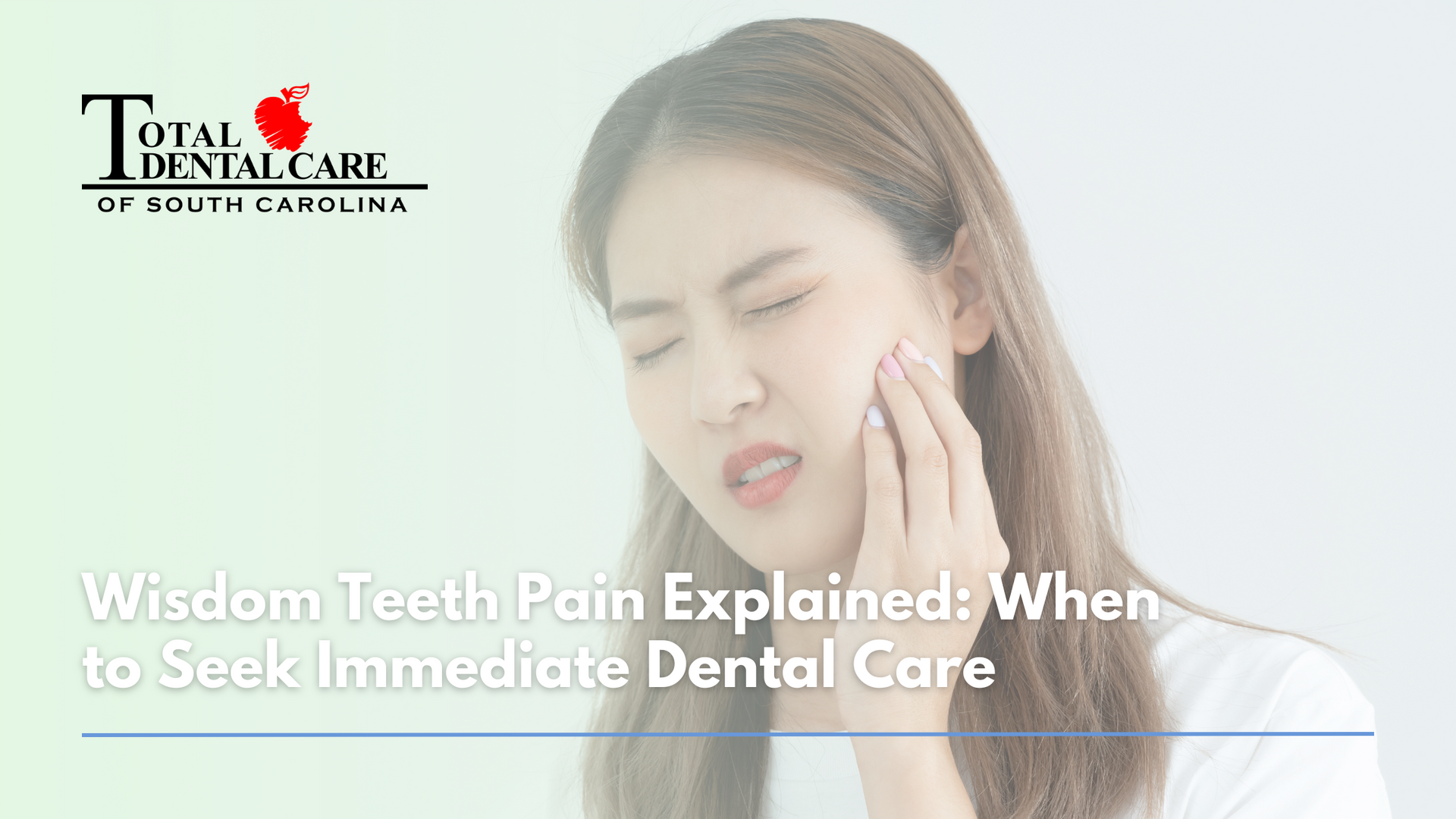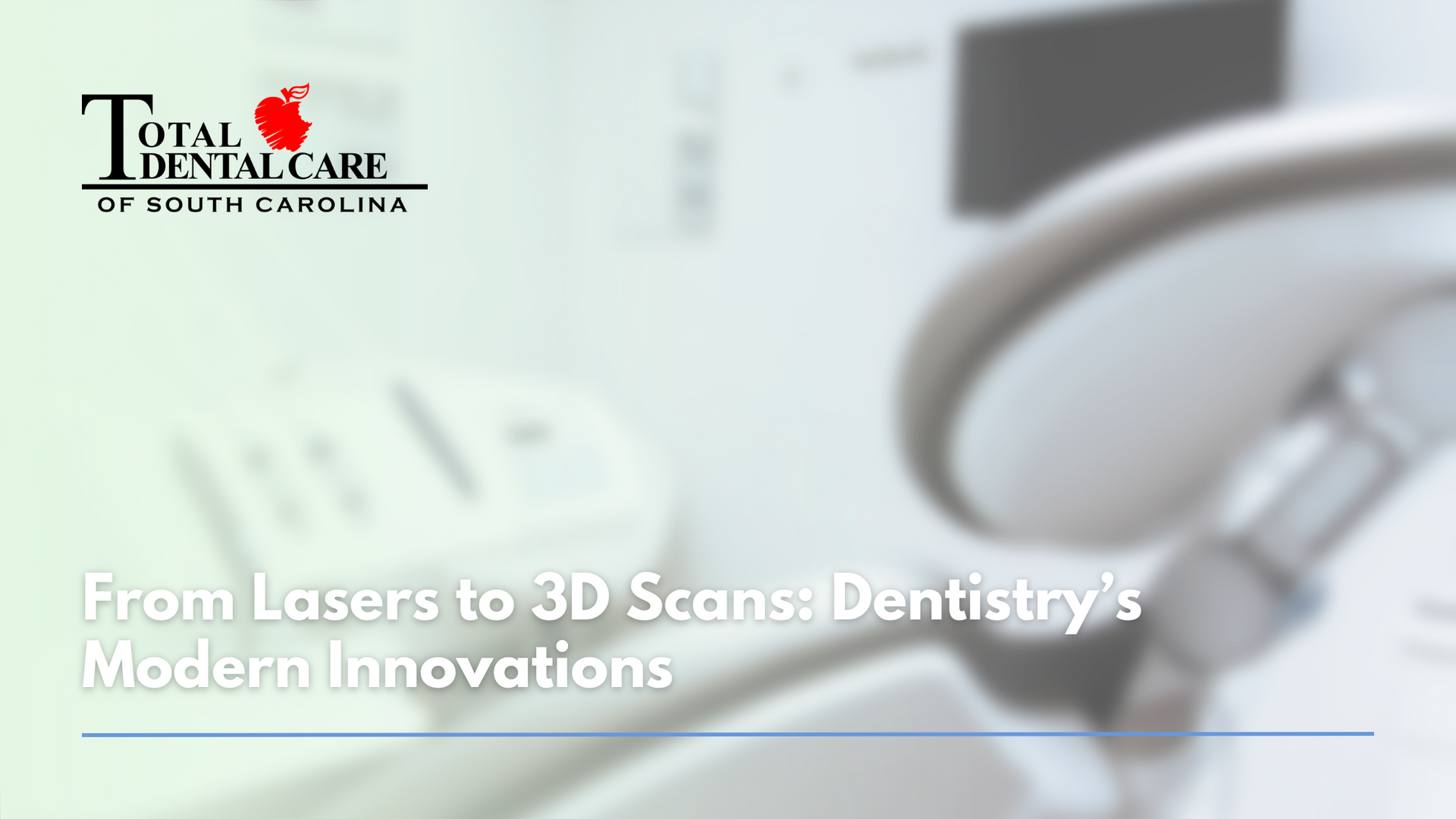Importance Of An Emergency Dental Kit At Home
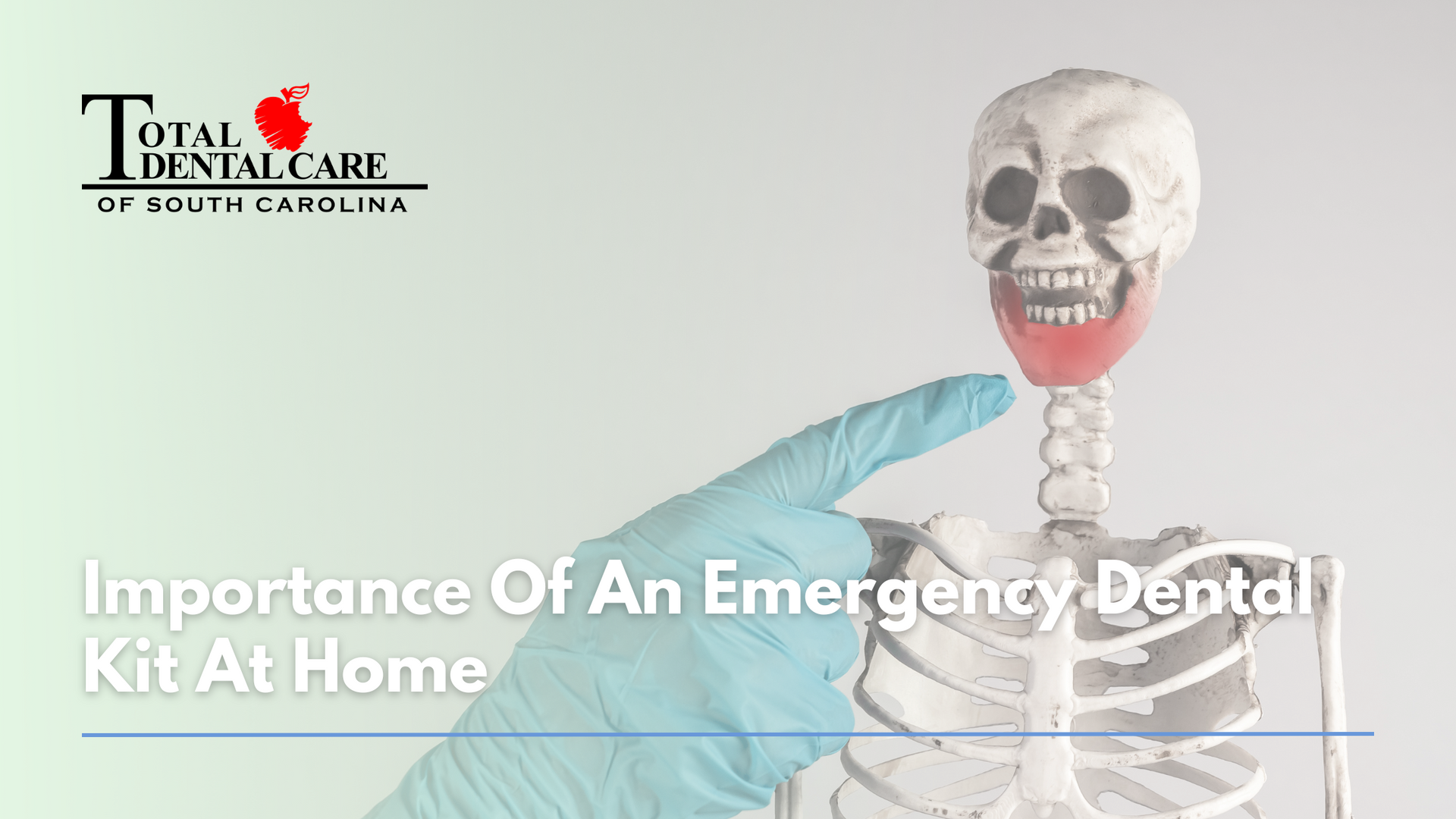
Do you have a dental emergency kit at home? For families with hockey players, football players, karate masters, other athletes, small children, or those who may be prone to accidents, having a dental emergency kit handy can save a knocked-out tooth or other dental emergencies.
When one hears of a home kit put together for emergency scenarios, often, their first impression is that of a first aid box, with band-aids, rubbing alcohol, cotton balls, and other items inside. An emergency dental kit is just as valuable because it provides a temporary respite from excruciating agony, not to mention a means of avoiding long-term oral repercussions until you reach a dentist. Every family's home should be equipped with an emergency dental kit; if nothing else, you will have peace of mind in knowing that you're prepared to handle a severe toothache or worse.
What Should You Include in Your Dental Emergency Kit?
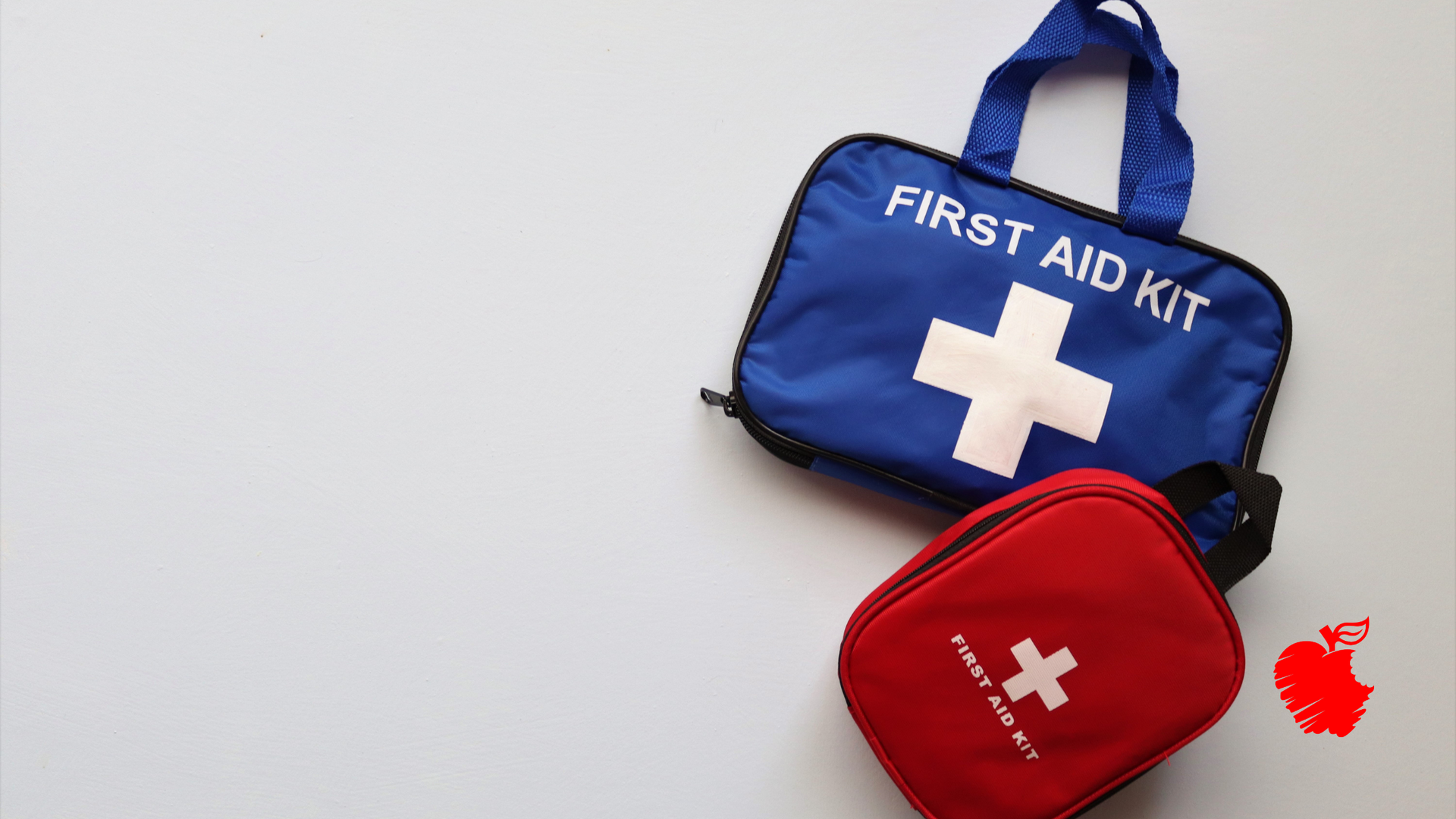
Okay, now that begs the question: what sort of aids do you keep in the kit for that unforeseen dental emergency?
- Gloves: a pair of sterile gloves are helpful in preventing your specific dental issue from exacerbating. You won't have unsanitary fingers making contact with the inside of your mouth if you are wearing these gloves during a dental emergency.
- Pain Relievers: no emergency dental kit is complete without pain relievers, as an anti-inflammatory or analgesic will be useful in relieving a toothache or other discomfort. To alleviate the pain from its source, you can also add Eugenol extract or clove oil to your kit. A drop of these solutions can diminish the pain and, applied onto a cotton ball and inserted into the cavity, prolong the numbing effects.
- Momentary Filling Material: dental wax, for example, can work as a temporary filling material, especially in instances where a larger filling is dislodged. Since these materials tend to stick well, they might be a convenient option in re-attaching your crown. Also, the filling material can ease the sensitivity that you experience when the air reaches your tooth pulp.
- Cotton: pack at least five cotton rolls and pellets in your kit, both of which are reliable to slow down bleeding or beneficial during the delicate application of medicine. For those who will drool in the midst of a certain dental emergency, cotton will also soak up and control that dribble.
- Toothpick & Floss: along with their obvious functions of cleaning your teeth, both of these items can be implemented as a tool of improvisation. Floss can be tied around a shattered or cracked tooth, holding it together in an emergency. A toothpick can be used to apply a temporary filling material.
- Toothbrush: a toothbrush, specifically an unused one, is beneficial in several situations. You cannot presume that only you will require the contents of a dental emergency kit and, seeing as how a toothbrush is not to be shared, you must keep a fresh one in stock for a guest.
- Hydrogen Peroxide: this will serve as an effective disinfectant in all dental emergencies, eliminating bacteria and preventing infections when you are overcoming a dental crisis on your own.
- Gauze: bleeding can be stopped and controlled with the application of gauze, giving you a sanitary material that will not unravel or shed fibers into the wound.
Should You Purchase or Build Your Dental Emergency Kit?
This decision will come down to preference and what is available on the market. You should have a list of contents that you desire and understand how to utilize in the event of a dental emergency. These scenarios are contingent on your rapid response, not wasting time speaking to others, seeking advice, or reading instructions. Online options that contain all of your checklist items can be considered, but building your own kit allows you to fully customize it however you see fit.
Types Of Dental Emergencies & What To Do In Case One Occurs
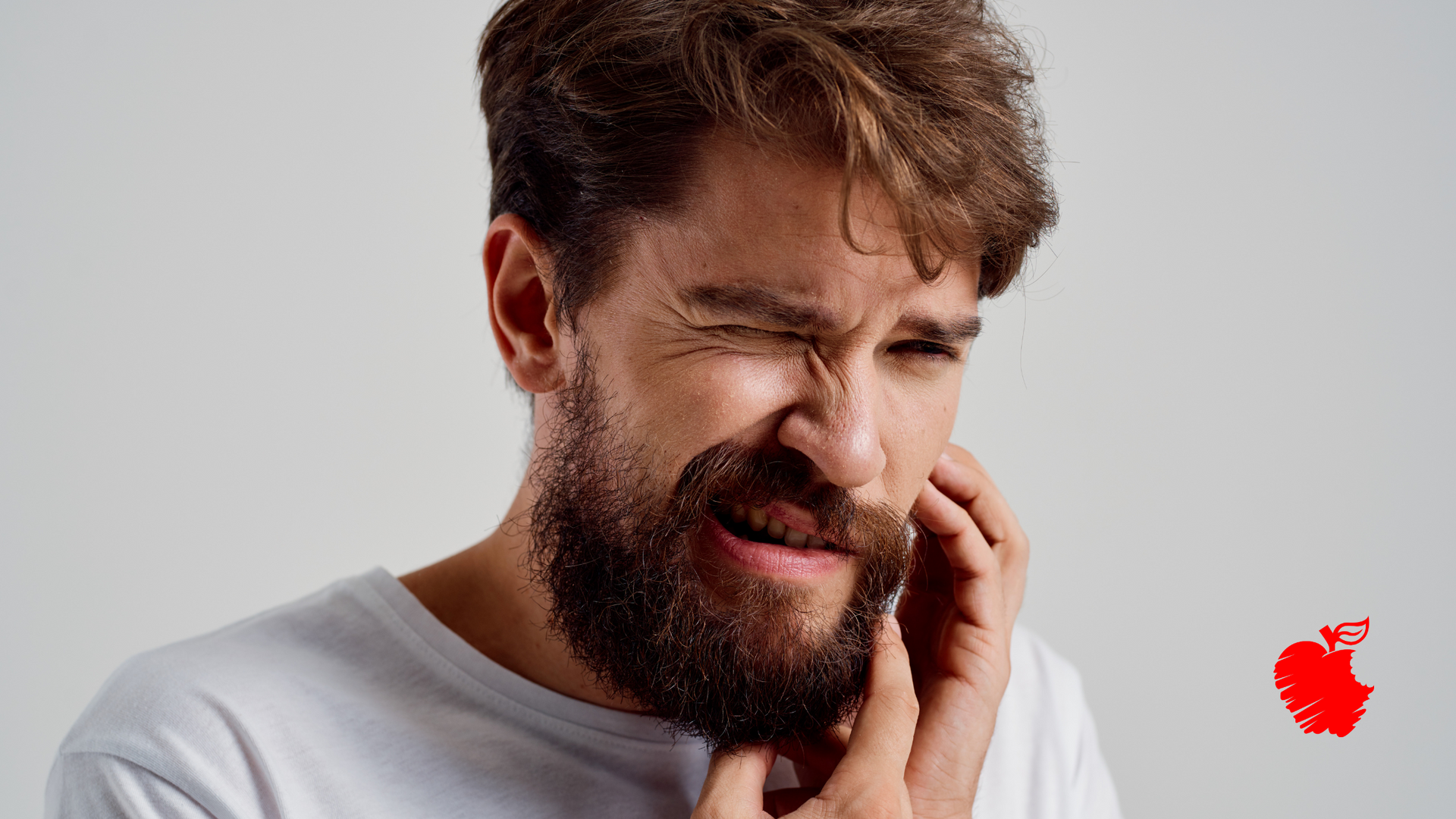
Toothache: pain can be indicative of decay, yet some toothaches can be managed without emergency treatment. Certain factors, such as swelling, demand urgent attention and there is a misconception regarding the effectiveness of aspirin or other painkillers in these circumstances. As these products contact your affected gums, they actually can burn the tissue. Apply a cold tissue to the outside of your cheek and phone a dental clinic for emergency care.
Chipped Or Broken Teeth: biting down with too much force can chip or break your teeth, putting you in a painful predicament. Save whatever pieces you can, rinse your mouth out with warm water, and rinse the discarded bits. Treat any bleeding by applying a piece of gauze to the affected area for ten minutes or until the flow ceases. Then, apply a cold compress to the outside of the mouth, cheek, or lip near the impacted tooth to diminish swelling and relieve pain.
Dislodged Tooth: for a knocked-out tooth, retrieve it, hold it by the crown, and rinse off the tooth root with water to remove any dirt. Avoid scrubbing it or removing any attached tissue fragments. Attempt to put the tooth back into place, ensuring that it's properly situated and facing the correct way, but don't force it into the socket. When re-insertion is out of the question, place the tooth in a small container of milk or a product with a cell growth medium. A completely dislodged tooth has the highest likelihood of being preserved when seen by a dentist and returned to its socket within an hour of the incident. A partially dislodged tooth can be treated by applying a cold compress to the outside of the mouth or cheek in the area of concern, combined with an over-the-counter pain reliever.
Objects Between The Teeth: if your efforts at gently flossing and removing the objects were in vain, see your dentist immediately. Trying to find alternative tools to remove the objects, like a pin or sharp instrument, will backfire because they can cut your gums and scratch the tooth surface.
A Lost Crown: schedule an appointment to see the dentist and don't forget to bring the crown with you. Meanwhile, if there is extreme discomfort and you cannot reach your dentist quickly, use a cotton swab to apply a smidgen of clove oil to the sensitive area. Slip the crown back over the tooth if you believe it's manageable, but first coat the inner surface with an over-the-counter dental cement, toothpaste, or dental adhesive to firmly hold it.

One of the most important tasks that comes with your dental emergency kit, is knowing how to handle the situation. All members in your household should be familiar with the contents of the kit and how to use its contents. Having a dental emergency kit handy in your home and help lessen the long-term effects of the damage caused in the emergency.
Remember! In case of a dental emergency, call our office immediately so our dentists can help save your smile

